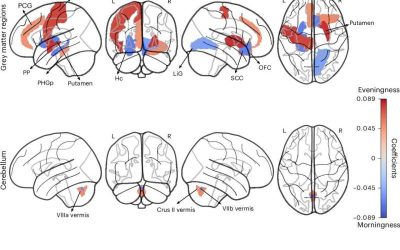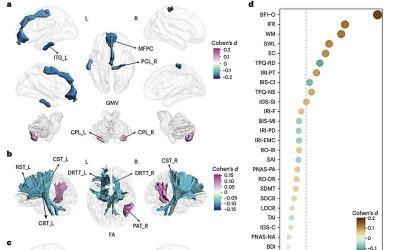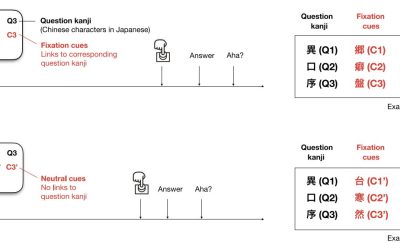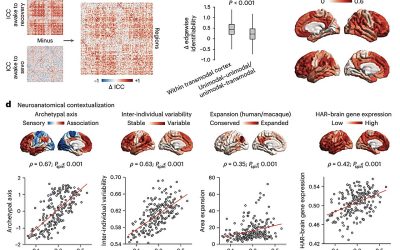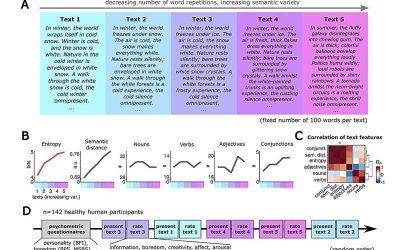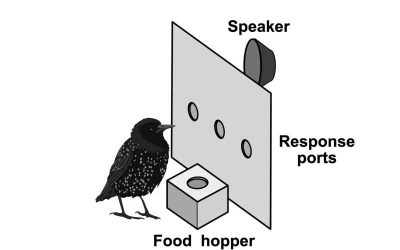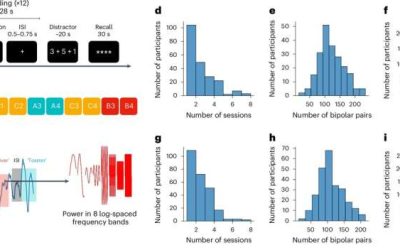Human beings exhibit marked differences in habits, lifestyles and behavioral tendencies. One of these differences, known as chronotype, is the inclination to sleep and wake up early or alternatively to sleep and wake up late.
Psychology & Psychiatry
Study finds an overlap between genes linked to subjective well-being and psychiatric disorders
In psychology, the term subjective well-being (SWB) is used to describe the extent to which different people feel happy and satisfied with their lives. While some studies have found that there is a link between SWB and the diagnosis of some psychiatric disorders, such...
Study explores the impact of growing up without siblings on the brain and behavior of adults
Statistics suggest that the size of families in many countries is shrinking and a growing number of parents worldwide either willingly or unwillingly end up only having one child. While many psychology studies have explored the differences between individuals who have...
Understanding the ‘aha’ moment: Study suggests insight involves exploring greater distances within a solution space
When humans are trying to grasp a complicated concept or solve a problem, they might suddenly feel like they have gained a deeper understanding or think of something they had not thought of before. This type of 'aha' moments, broadly referred to as 'insight', can play...
General anesthesia reduces uniqueness of brain’s functional ‘fingerprint,’ study finds
Past psychology research suggests that different people display characteristic patterns of spontaneous thought, emotions and behaviors. These patterns make the brains of distinct individuals unique, to the point that neuroscientists can often tell them apart based on...
Sensory perception linked to boredom in both ADHD and non-ADHD individuals
Throughout their everyday life, most people engage in many activities that require varying degrees of attention. As they take part in these activities, the brain processes the sensory information it receives from their surroundings, creating representations that guide...
People who are easily distracted by smartphones are more physiologically reactive, less attuned to their bodies: Study
Over the past few decades, some studies have raised important questions about the psychological implications of the excessive use of smartphones and other portable devices. Findings suggest that people who use smartphones too much can progressively develop cognitive...
One-year-old infants already display compositional abilities, study finds
To understand complex objects, humans are known to mentally transform them and represent them as a combination of simpler elements. This ability, known as compositionality, was so far assumed to require fluency in language, thus emerging in childhood after humans have...
How perceptions are influenced by expectations: Songbird study draws parallels with human speech processing
Past neuroscience and psychology studies have shown that people's expectations of the world can influence their perceptions, either by directing their attention to expected stimuli or by reducing their sensitivity (i.e., perceptual acuity) to variations within the...
Short-term reactivation of brain between encoding of memories enhances recall, study finds
Past neuroscience and psychology studies have shown that after the human brain encodes specific events or information, it can periodically reactivate them to facilitate their retention, via a process known as memory consolidation. The reactivation of memories has been...

